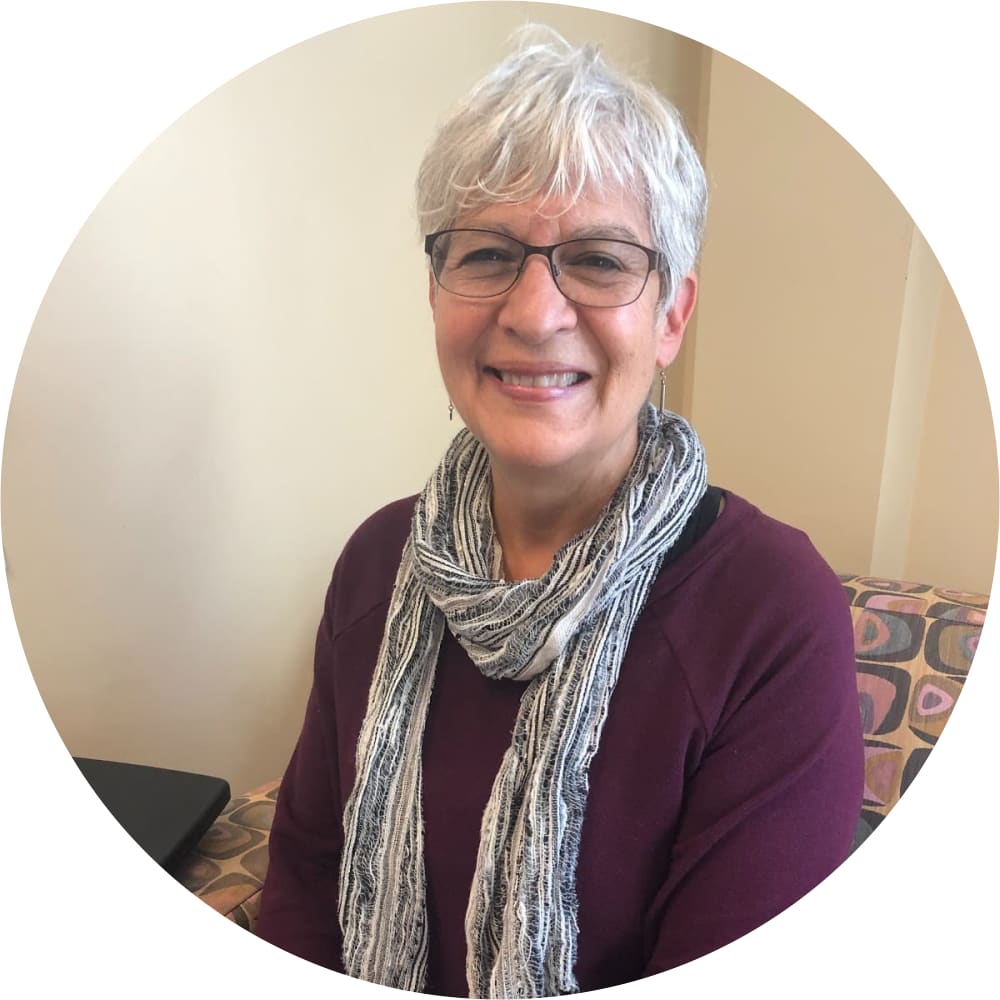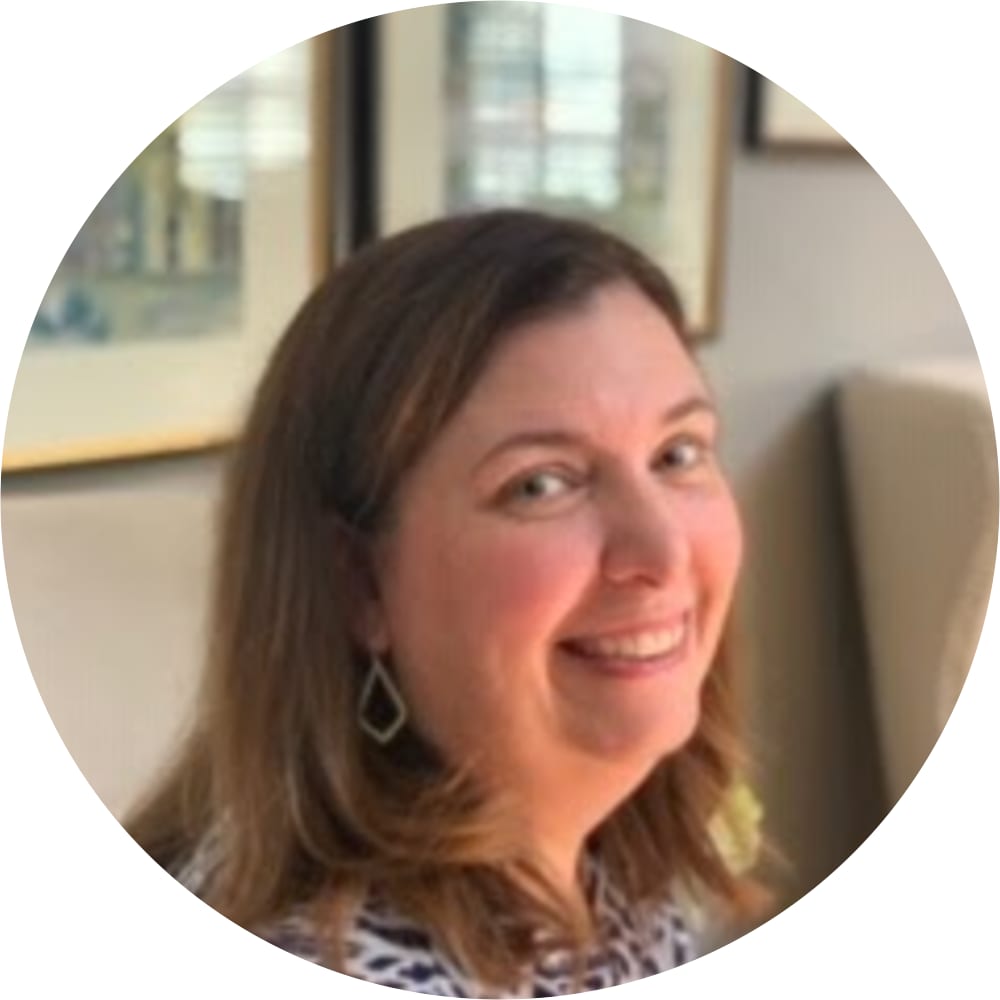Applying to Social Work Programs
Social workers help their clients overcome mental health, substance abuse, and relationship issues and connect them with social services and other resources. To help guide the field, the National Association of Social Workers lists six core values of social work in its Code of Ethics: service, social justice, dignity and worth of the person, importance of human relationships, integrity, and competence.
The six core values permeate social work's three practice levels: micro, mezzo, and macro. The micro level focuses on individuals and encompasses interventions and the direct services provided by licensed clinical social workers (LCSWs). The mezzo level primarily serves groups, such as those within communities, schools, and social service agencies. Macro level social work looks at society as a whole and seeks to improve systems and affect policy.
Until recently, social work centered on face-to-face meetings between social workers and clients, but the mechanisms of social work have changed due to the pandemic. Social work now often takes place online or over the phone. Additionally, the demand for social workers has recently increased under the stresses of COVID-19, social unrest, and divisive politics.
Readers interested in a challenging and rewarding social work career can take advantage of expansive opportunities in the field by earning a master's in social work (MSW). Our guide offers advice from industry experts on master's program selection, prerequisites, and application processes.
Choosing a Master's Program
An MSW opens many doors in the profession at all levels of social work, including obtaining licensure as an LCSW. Choosing an MSW program requires evaluating multiple factors, with one of the most important being accreditation from the Council on Social Work Education (CSWE). CSWE accreditation signifies rigorous review of educational standards, ensuring the quality of your training.
Prospective students should also think about whether they want to study online or on campus. Distance learning provides flexibility and affordability, while in-person instruction works more effectively for some students.
According to Amy Shuman, a clinical social worker specializing in treating trauma, anxiety, abuse, and issues related to sexual orientation and gender, MSW students often follow nontraditional paths. "They are pursuing further education while raising children, working, and attending to other obligations," she says.
Prospective learners should also take a program's specializations into consideration. Students can focus on clinical, school, healthcare, hospice, and family social work, among many other areas. Shuman suggests that, "finding professionals who are doing what you want to do and asking them if you can conduct an informational interview can be very helpful in determining which MSW to choose."
Other important factors include a program's exam passage and job placement rates and faculty credentials. Our experts recommend applying to 2-3 programs.
Melissa Zawisza, an LCSW who works with survivors of child abuse, sexual assault, and domestic violence, offers ways to narrow the list. "Research on the schools' websites. Request information from each school. Ask people in your network. Find a local Facebook group of social workers and ask questions," she says.
Master's in Social Work Requirements
Master's in social work prerequisites, whether for on-campus or distance learning programs, typically include a bachelor's degree, a minimum GPA (usually 3.0), a personal essay, and 2-3 letters of recommendation. Schools may also require undergraduate credit in core liberal arts courses and GRE scores. Programs accept applicants with a bachelor's degree in a field other than social work; recent graduates of a bachelor of social work program may qualify for advanced standing.
Distance learners usually take all of their courses online, either through asynchronous, prerecorded lectures that they can access anytime or synchronous, virtual classes offered at scheduled times. Like on-campus students, online learners complete supervised fieldwork in person, typically at a site near their home, along with possible weekend or summer on-campus intensives or residencies.
Common courses include introduction to social work, human behavior, couples and family therapy, substance abuse, and assessment and diagnosis. Students can earn their MSW in 1-2 years, including about 1,200 fieldwork hours.
How to Get into Grad School for Social Work
Applicants can take advantage of opportunities to distinguish themselves through personal essays that highlight any relevant work or volunteer experience and internships.
Particularly for students with a bachelor's degree in a field other than social work, Zawisza recommends "doing some volunteer work before applying. You can see if you like the work. It also helps to include this experience on your application."
Personal essays should also draw attention to life experiences. Shuman advises applicants to discuss overcoming their own personal struggles and challenges and how they will use those experiences in their social work. Shuman also points out, "It's always good to refer to the Social Worker Code of Ethics and give examples of how you have and/or intend to carry out the social work mission of social justice and equity."
The MSW application process may also involve personal interviews, especially at more competitive universities. To prepare for an interview, Zawisza says, "Provide examples that demonstrate skills that would make you successful in the MSW program. Do research on issues facing current social workers."
Shuman adds, "As with any interview, prepare and practice, practice, practice. If you know a professional social worker with an MSW, ask if they will do a mock interview with you."
Tips for the Application Process
According to Shuman, "Social workers are expected to develop a keen self-awareness, to understand their own limitations in becoming a healthy, caring professional who is balanced in both helping and in maintaining healthy boundaries."
To this end, Zawisza emphasizes creating a self-care plan to implement during, and after, graduate school. "You are going to need it to stay in this field for a long time. Think of the airplane warning. Put your mask on first and then put the mask on others who are traveling with you. You have to take care of yourself before you can help others."
Shuman advises that "a program will also want to see how they can offer something to help you improve your skills and talents."
In addition, Zawisza suggests that students consider every task as a learning experience. "You may discover something you enjoy. I had no interest in grants, but the majority of my career was spent writing grants."
Master's in Social Work Application Timeline
Application timelines for master's in social work programs vary. Shuman reports that Boston University, for example, has different social work application deadlines, depending on the instructional format -- hybrid, online, or in-person. Other programs, such as UC Berkeley's, open the application period in September with submission deadlines in December. Columbia University opens applications in August for admissions in January and September of the following year.
Notification of admission also varies by program. UC Berkeley notifies applicants of their admission status in about three months.
Zawisza, who earned her degree at the University of Texas at Austin, says, "In my experience, it was six months from when I applied to when I was notified."
CSWE offers a tool to streamline the application process. SocialWorkCAS is a web-based system that allows applicants to fill out one online application form and upload supporting documents for submission to multiple schools.
Most MSW programs take 1-2 years to complete but can extend to three years for students enrolled part time. The required supervised practice hours for clinical social work licensure also adds time to the career path.
Whether attending school full or part time, online or on campus, graduates emerge prepared for careers helping people overcome difficulties and problems according to the principles of equity and social justice. Social workers find meaningful employment in individual and family services, ambulatory health services, and government agencies.
Meet Our Contributors

Amy Shuman, LICSW, DCSW
Amy Shuman has more than 25 years of professional experience working in clinical, administrative, research, academic, and group social work. She holds the credential of Diplomate in Clinical Social Work through the NASW. She specializes in treating trauma, anxiety, abuse and issues related to sexual orientation and gender. She has also been a Master Therapist and Lead Trainer in Accelerated Resolution Therapy (ART) since 2009. As a researcher and research assistant, Amy is a co-author of several study publications under the leadership of Principal Investigator, Dr. Kevin Kip. Amy is lead author in a new textbook chapter for Graduate Studies in Psychological Counseling.
As a trauma-focused therapist, Amy has been active in The Red Cross as a mental health disaster volunteer.
Amy was deployed to help with triage, referral, and crisis counseling for the Columbine High students, faculty, and families in May of 1999. She also worked as a mental health crisis volunteer counselor at the Woodstock II concert in Saugerties, New York.
Today, she is a university mental health counselor at Western New England University, teaches clinical theory in the MSW program at Westfield State University in Massachusetts, and writes for the mental health startup, Choosing Therapy.

Melissa (Reilly) Zawisza
Melissa Zawisza, LCSW-S, attended the University of Texas at Austin and obtained her MSSW in 2003. Her entire career has focused on working with survivors of child abuse, sexual assault, and domestic violence. She worked in a variety of settings, including a state agency, schools, and community agencies.
For 13 years, she worked at a domestic violence and sexual assault clinic in a variety of roles. At this clinic, she recognized the important role healthcare systems play in assisting survivors of trauma. In addition to clinical work with children and teens, Melissa wrote grants, provided crisis intervention services, presented on trauma-related topics, and supervised interns and post graduate interns. Currently, she has a private practice serving teens and young adults.
